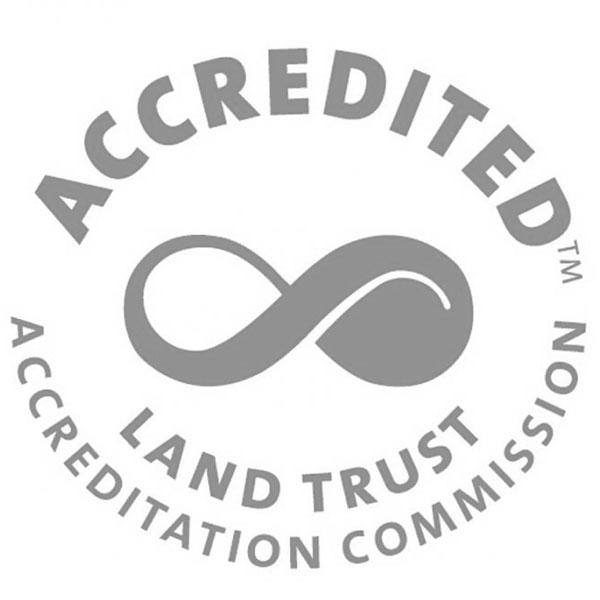NextStep190 concerns Talbot County residents
(From The Star Democrat March 3rd article “The process of change” by Connie Connolly)
It’s both the product and the process of NextStep190 that concerns Talbot County residents.
A process designed to involve Talbot County residents in revising Chapter 190 of the county code seems not to have caught the attention of some who now are concerned the revision product will hit them in their wallets, their lifestyles, their freedom — or all three.
Whether in or out of the loop, a large group of residents is fired up. They have shared their gripes, questions and concerns with each other on social media since mid-February.
“I don’t like this whole being told what to do,” one county resident said. Her views have struck a chord with 1,300 Talbot countians who have joined Talbot County Citizens Against NextStep 190, the Facebook page launched on Feb. 11.
Complaints about how and when meetings were scheduled, and how they were promoted, is a recurring theme on the Facebook page.
But communicating with the public is a key component of the process, according to County Planner Mary Kay Verdery.
At the start of the Talbot County Planning Commission’s meeting on Wednesday, Feb. 21, Verdery summarized how her office has gotten the word out about the NextStep190 process, “a project to update Talbot County’s Zoning, Subdivision, and Land Development Ordinance,” according to the website nextstep190.com.
She told the commission that once the initial meetings to coordinate staff were completed, “just under 30 public participation and 20 public attendance (to observe work sessions) meetings” were held.
Verdery said meetings were advertised on the NextStep190 website and in the newspaper, through email blasts and with postcard mailings.
“We’ve taken multiple steps to make sure the public was aware of these meetings,” Verdery said. “We’ve had many meetings since we started.”
One member of the Facebook group had his own theory: “The bureaucrats don’t want you to know this is happening so they don’t publicize these proposed rule changes. Then they adopt them because no one was against them.”
Gary Crawford of Tilghman has attended several of the meetings and has observed the process since it began in fall 2016. He’s also a professional writer and a member of Talbot County Citizens Against NextStep 190. Several posters have thanked him for his knowledge of the context and history of the Chapter 190 overhaul.
“For years, county officials had been making notes about changes, corrections, and modifications to the existing regs,” Crawford wrote. An “incoming county council had rather different ideas about what they want changed in Section 190 and a whole year was devoted to trying to revise the (revisions) and markups. It was decided that a full re-write of Section 190 would result in a more consistent and understandable set of regs.”
Crawford detailed the steps taken early in the process to listen to citizens. The rewrite of Chapter 190, rather than a revision, was “too big a job for busy staff with full plates,” he wrote.
“So a consultant from North Carolina was hired,” Crawford wrote. “He appeared well qualified. He began with a series of interview(s) with stakeholders throughout the county — one-hour interviews with up to two people. Did 15 or so. … Then he called for ‘Listening Sessions’ in various locations throughout the county. I attended the one in St. Michaels. He introduced himself, said he wanted to listen to whatever those who attended wished to say, and then he shut up. He asked every single person in the room, one by one, to speak if they wished. He only asked questions of clarification.”
A drafting process began that involved “input from citizens via the Listening Sessions and other inputs,” Crawford posted. “Once a draft of the new Section 190 was prepared — this may have been when the label ‘NextStep190’ was put on it — a long series of meetings took place, involving staff, Council and the Planning Commission.”
Crawford said…
(continue reading at The Star Democrat)






